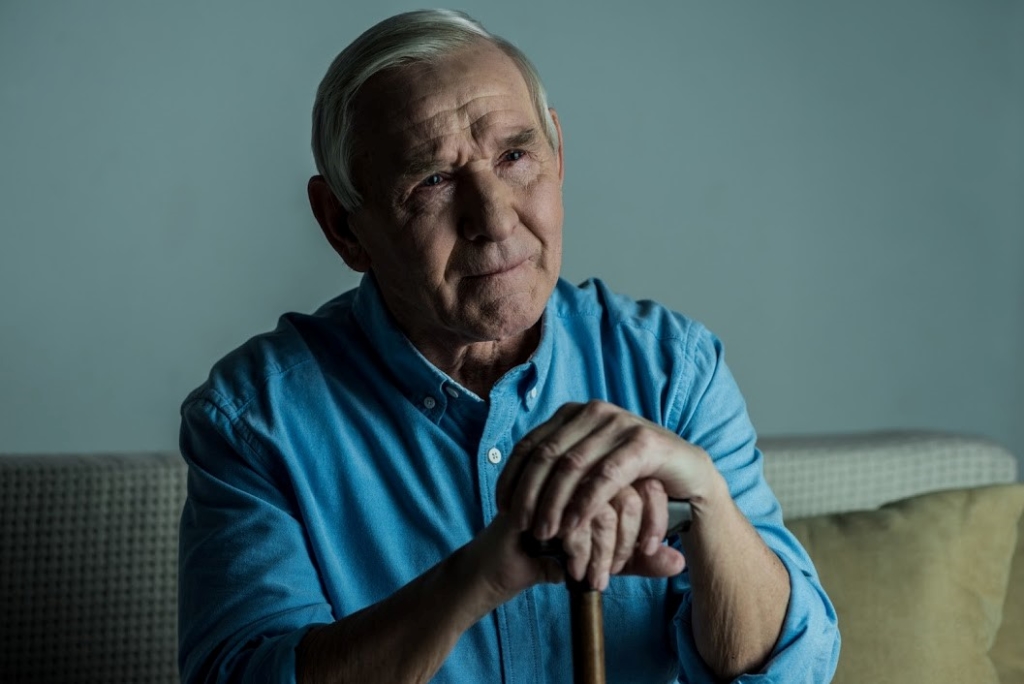
Many individuals come to a point in their adult life when it is necessary to place their parents or other loved ones in a nursing home. In most cases, their loved ones receive high-quality and attentive care. However, neglect and negligence in a nursing home may put an individual’s health and well-being at risk. Unfortunately, lawsuits may be necessary to manage this severe issue.
Forms of Neglect
A nursing home must protect its patients and provide them with the highest possible quality of life. Unfortunately, many nursing homes fail in this goal and create a very unsafe environment through neglect.
Nursing Home Abuse Center defines several types of nursing home negligence, including medical, basic needs, personal hygiene, and social neglect:
- Medical neglect: This neglect occurs when a facility does not provide proper medical care to a person, such as turning someone to prevent bedsores.
- Basic needs neglect: When an individual is not provided with a proper amount of food, water, or a sterile environment, they experience basic needs neglect. For example, stained or soiled clothing left on a resident or in their room is neglectful.
- Personal hygiene neglect: This includes a failure to take care of basic hygienic needs, such as bathing.
- Social neglect: Seniors experiencing social neglect are likely either ignored for significant periods of the day or treated poorly by care experts.
Each type of neglect can be very damaging to your loved one; family and friends need to keep an eye out for each type.
Symptoms of Neglect
Nursing homes that regularly commit neglect or negligence may be very good at hiding their actions from the public. These individuals may even bully seniors into accepting sub-par care or force them to protect these negative behaviors. As a result, individuals must watch their loved ones for symptoms of neglect, including:
- Severe dehydration and malnutrition
- Regular and easily avoidable bedsores
- Weight loss for no good reason
- A shoddy or ill-groomed appearance in a loved one
- A burst of agitation or anger
- The desire to leave the facility
- Upset reactions when the senior’s loved ones leave
These symptoms aren’t automatically signs of neglect or negligence. For example, a facility may bring food to a senior every day only for that individual to flush it down the toilet, or emotional problems may be caused by dementia or the physical pain related to aging. However, consistent and persistent symptoms like these likely indicate a problem with the facility.
Lawsuits Help Protect a Loved One
A neglect lawsuit requires the plaintiff show that the nursing home was negligent in a way that caused injury. The elements of personal injury liability will involve these four factors:
- Duty: This element states that the defendant — in this case, the nursing home — had a responsibility to protect the plaintiff. For example, a nursing home must provide a senior with proper nutrition.
- Breach: Liability falls on the nursing home if there was a breach in their duty of care to a senior. For example, a facility that doesn’t regularly feed a senior breaches their nutritional duty.
- Causation: The plaintiff must prove that the breach of duty caused an injury to an individual, such as undernourishment leading to a multitude of health issues.
- Damages: Real physical or mental damages must occur in a personal injury lawsuit. For example, a senior who misses one meal is unlikely to suffer the kind of injuries necessary for this type of suit.
The loved one of a neglected senior needs to contact Randall A. Wolff & Associates, LTD., right away to get legal help. We will work hard to ensure that your loved one is protected from nursing home neglect and that they get the payment that they deserve for any suffering.





